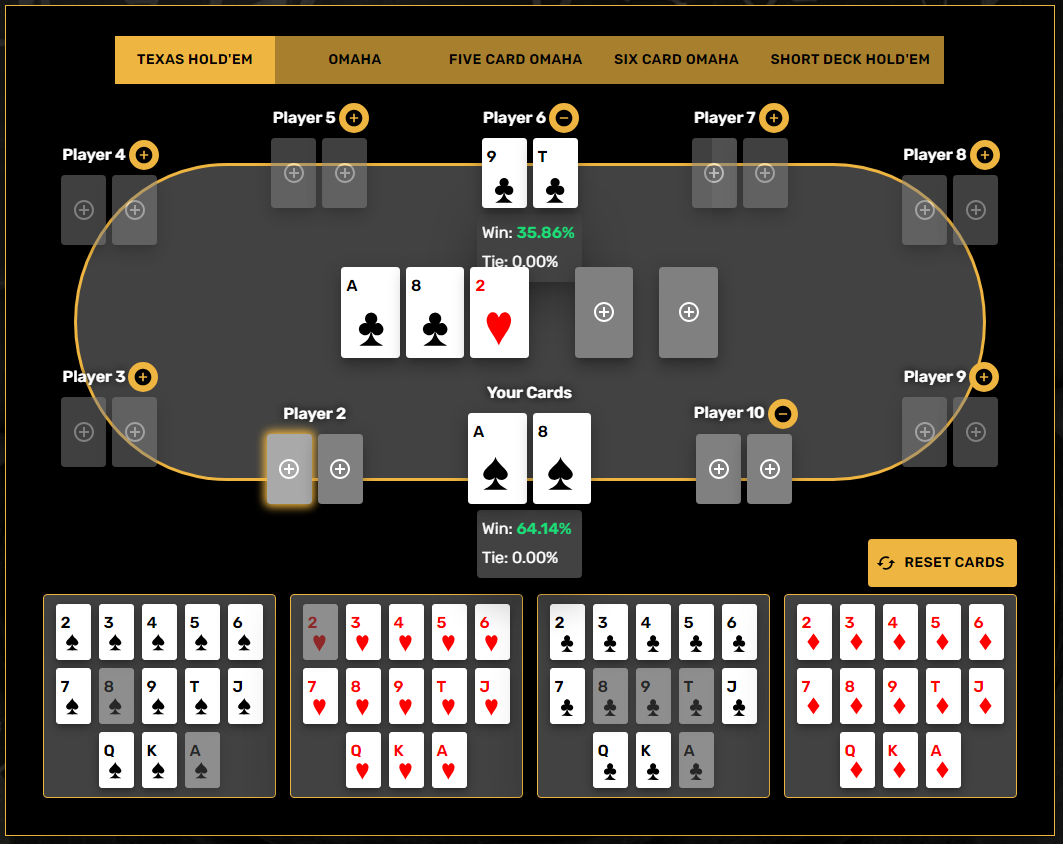There are estimated to be over 20,000 distinct online gaming platforms offering real-money experiences online today. That’s a lot of choice – no bad thing, of course – but it can make choosing the platform that’s right for your requirements a little more of a challenge. Fortunately, there are some simple steps anybody can take to ensure they find the right online casino to suit their style and preferences.
You’ve likely seen plenty of large deposit bonuses being promoted across different social media platforms. While considering bonuses is important when choosing where to play online poker for real money, slots or casino games, it’s also important to consider safety when it comes to services that handle your confidential information. Fortunately, figuring out these things is easier than you might imagine. Let’s take a look at the main selection criteria:
Compliance With Regulatory Bodies
It can be laborious to run over the fine print sometimes, but when it comes to real-money gaming, not doing so could land you in some unnecessary trouble. As such, if you’re scouting out a new gaming platform and are unsure if it hits the mark on quality and reliability, simply look to see whether it’s in compliance in any – or multiple – of the accredited gambling authorities that licence online casinos.
Among the most common you’ll find out there are the MGA (Malta Gambling Authority), the UKCG (United Kingdom Gambling Commission) and the GCB (Curaçao Gaming Control Board). Compliance with any of these will mean that a site has been verified to be in compliance with modern web security standards, and should be provisionally considered as a trustworthy platform with your consideration.
Game Selection
It may sound obvious, but game selection can play an important role in deciding what platform is right for you. Naturally, if you’re looking to survey a comprehensive selection of poker sites, replete with reviews, we’ve got you covered – but suppose you want to explore further afield than the likes of Texas Hold Em, then what?
Fortunately, many iGaming platforms offer a huge selection of different table games, from Baccarat to Roulette, just like in a real casino, meaning you can sample a variety of titles all in one place. But suppose your mind is made up, and you know exactly what type of game you want to explore. In that case, you might be better off seeking out a dedicated platform that specialises in that title.

For example, if you’re interested in some one-armed-bandit action. In that case, a site such as Vegasslotsonline, which not only offers a huge number of reviews on recommended providers offering slots, but serves up over 10,000 distinct slots games itself, would undoubtedly be your first, and best, port of call. As we like to clear big deposit and reload bonuses from time to time, we have searched many comparison sites for this purpose and have come across just a few with that range of operator and game reviews available.
Operator Reputation
While reputation alone won’t likely tip the balance in making your decision on a gaming platform, it can mean a lot. After all, with so many casinos online, for one to develop acclaim via word of mouth implies that it’s operating at a scale and quality level that you can likely rely on.
Affiliate relationships are also a key factor in this – as if a site you trust is prepared to vouch for and recommend one you’ve not heard of, there’s a good chance that the recommended platform will be worth exploring.
You can also check out operator reputation from betting forums, trust review sites like Trustpilot and by checking for possible complaints of withdrawals or winnings not being paid out. Reputable operators will have these kind of situations solved according to regulations and laws as long as the players have followed their terms and conditions, so make sure to pay some attention to this aspect by doing a bit of research online.
SSL Certification
Web security is constantly evolving, and old protocols and design methods progressively go out of date as new standards come in to tackle emerging security threats. In light of this, if a site looks out of date it’s reasonable to treat it with a degree of suspicion as there’s a chance that this could signify that its security measures haven’t been updated for some time.
One of the more obvious ways to vet a website for being up to date is to check whether it has moved on to SSL encryption. This refers to a new web standard built to ensure all information being sent and received between your IP and the website’s servers is encrypted, and thus protected from data theft.
To check whether a site has SSL certification, simply look to its URL – if it begins with https://, you’re good to go. If, instead, it only has http:// – that is, without the ‘s’, you should tread carefully. SSL certification can only be awarded through third party verification. What this means is that it’s nearly impossible for a ‘scam’ website to be awarded it, making it a useful indicator of a site’s security levels.









